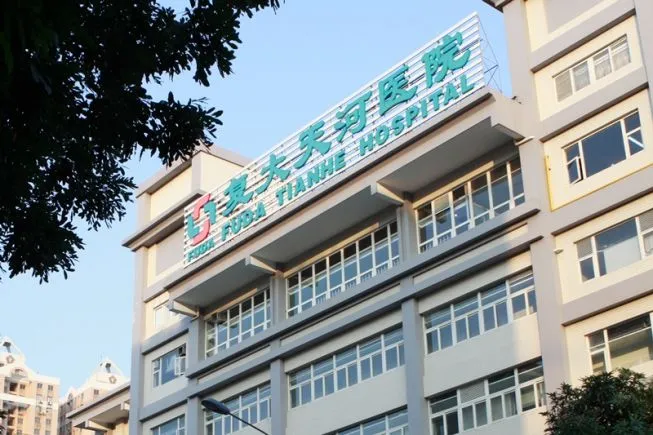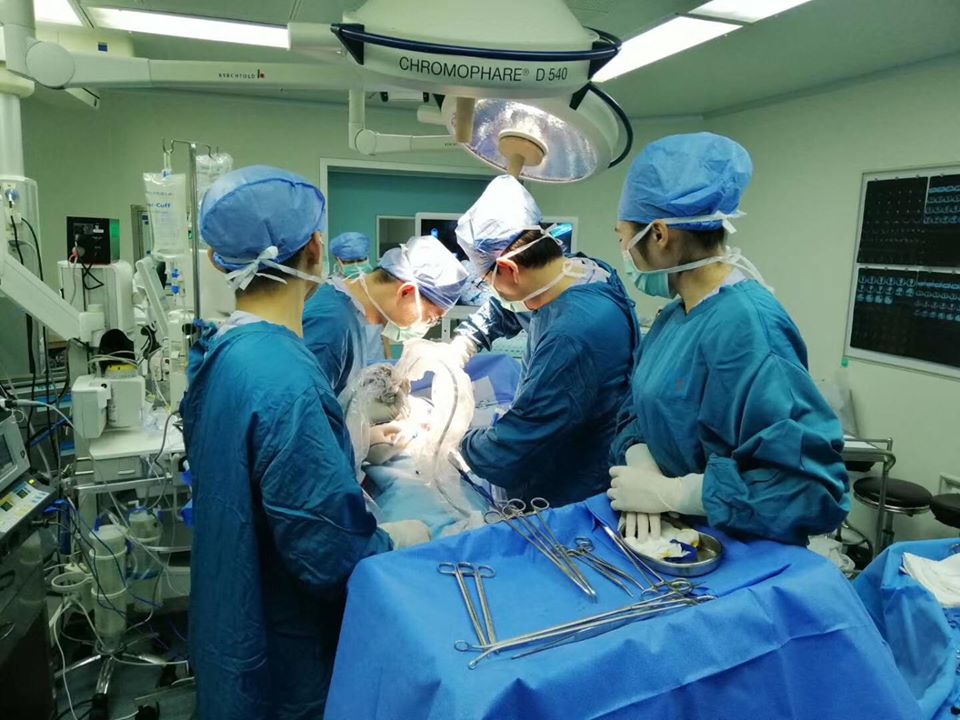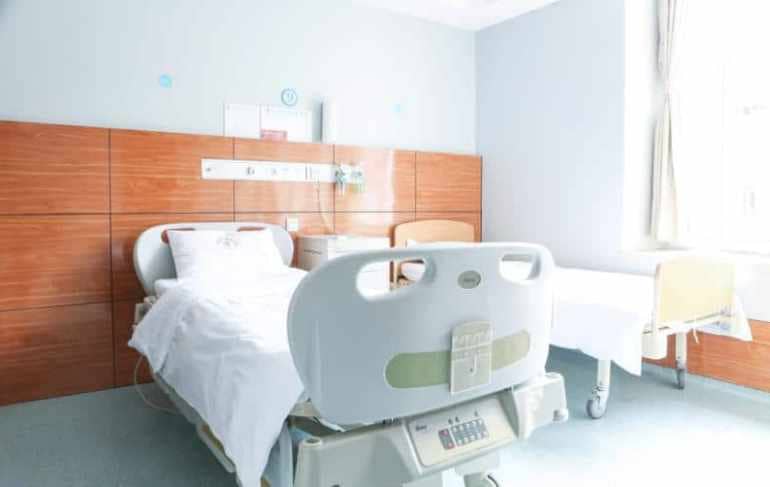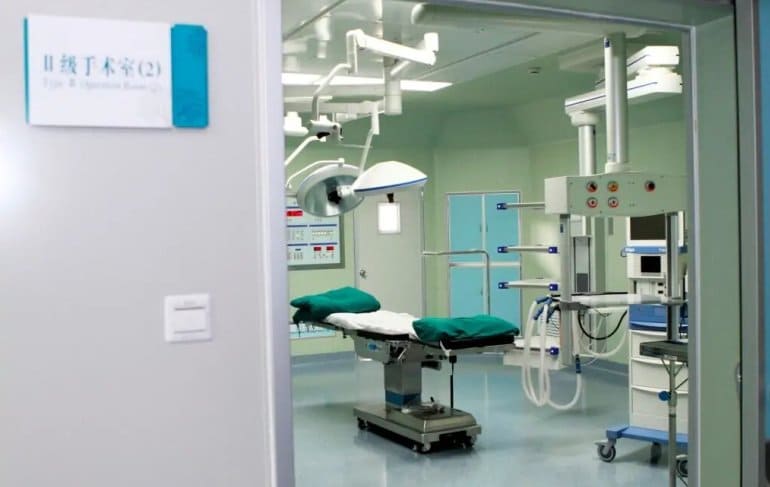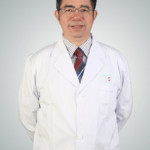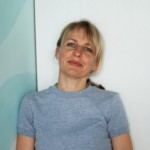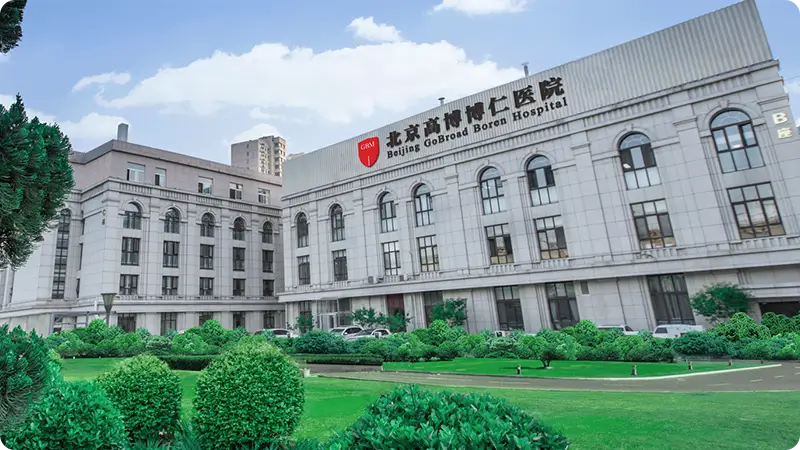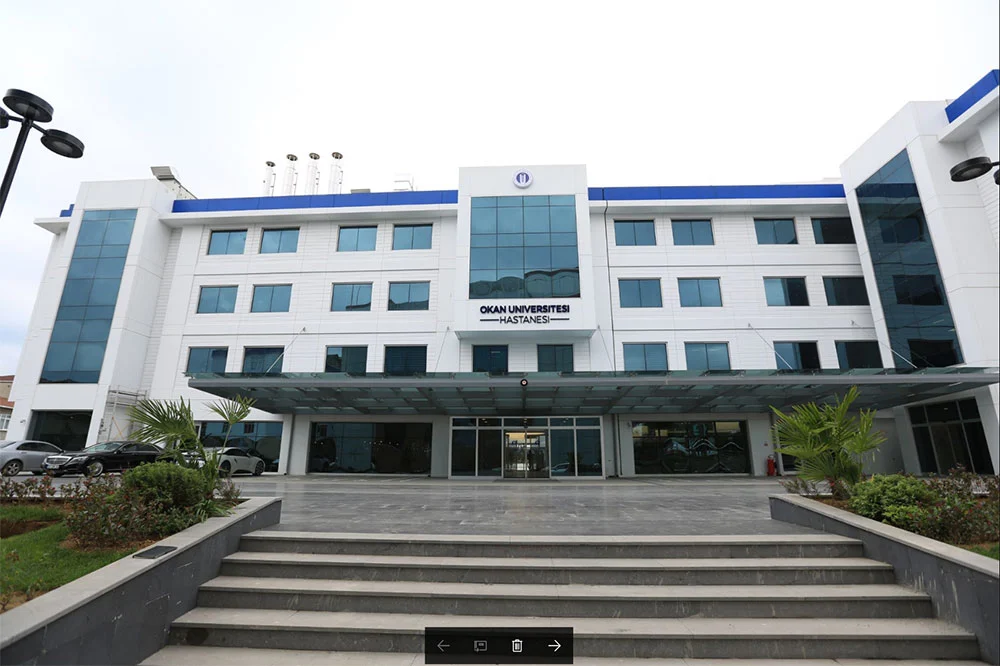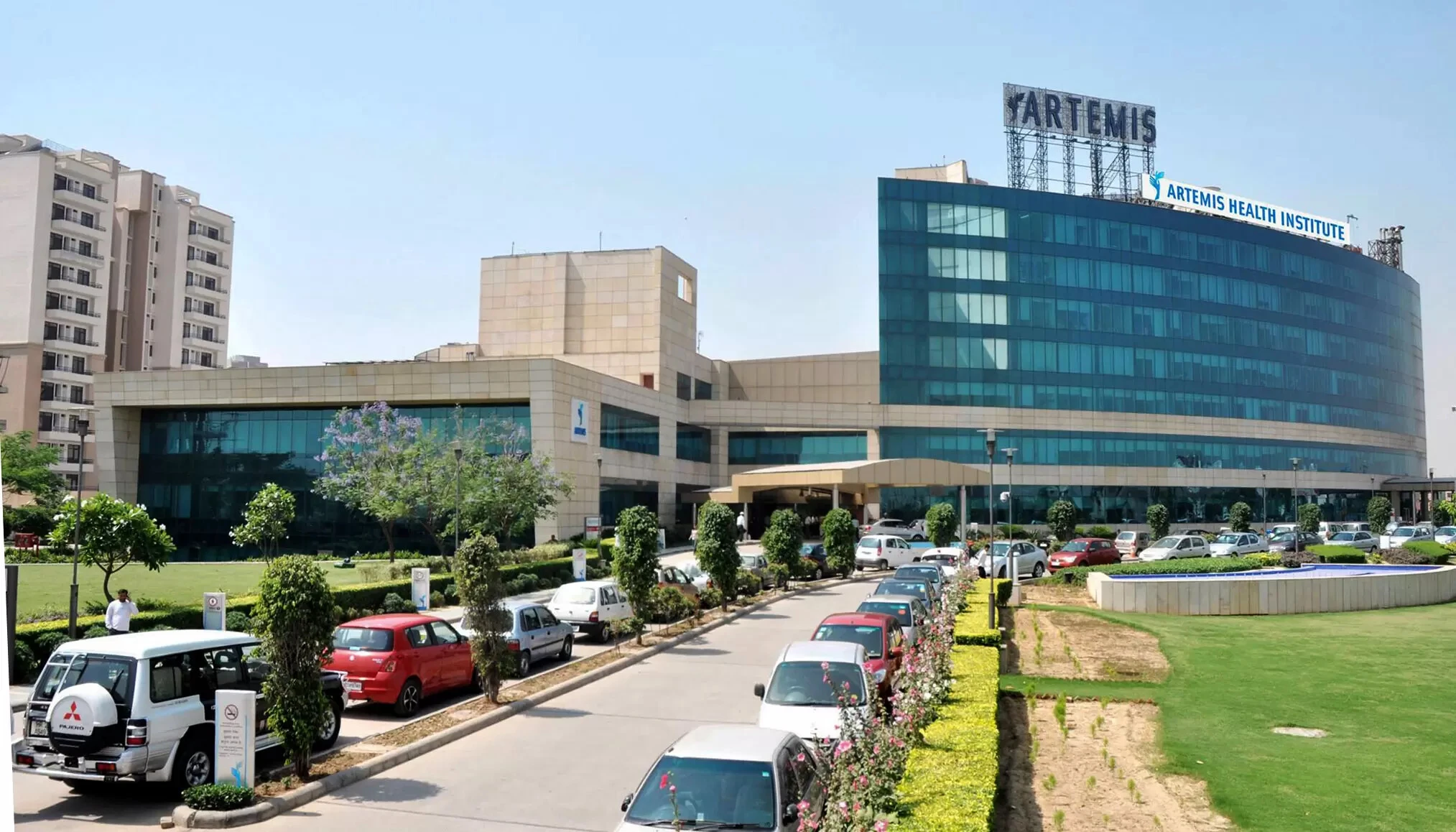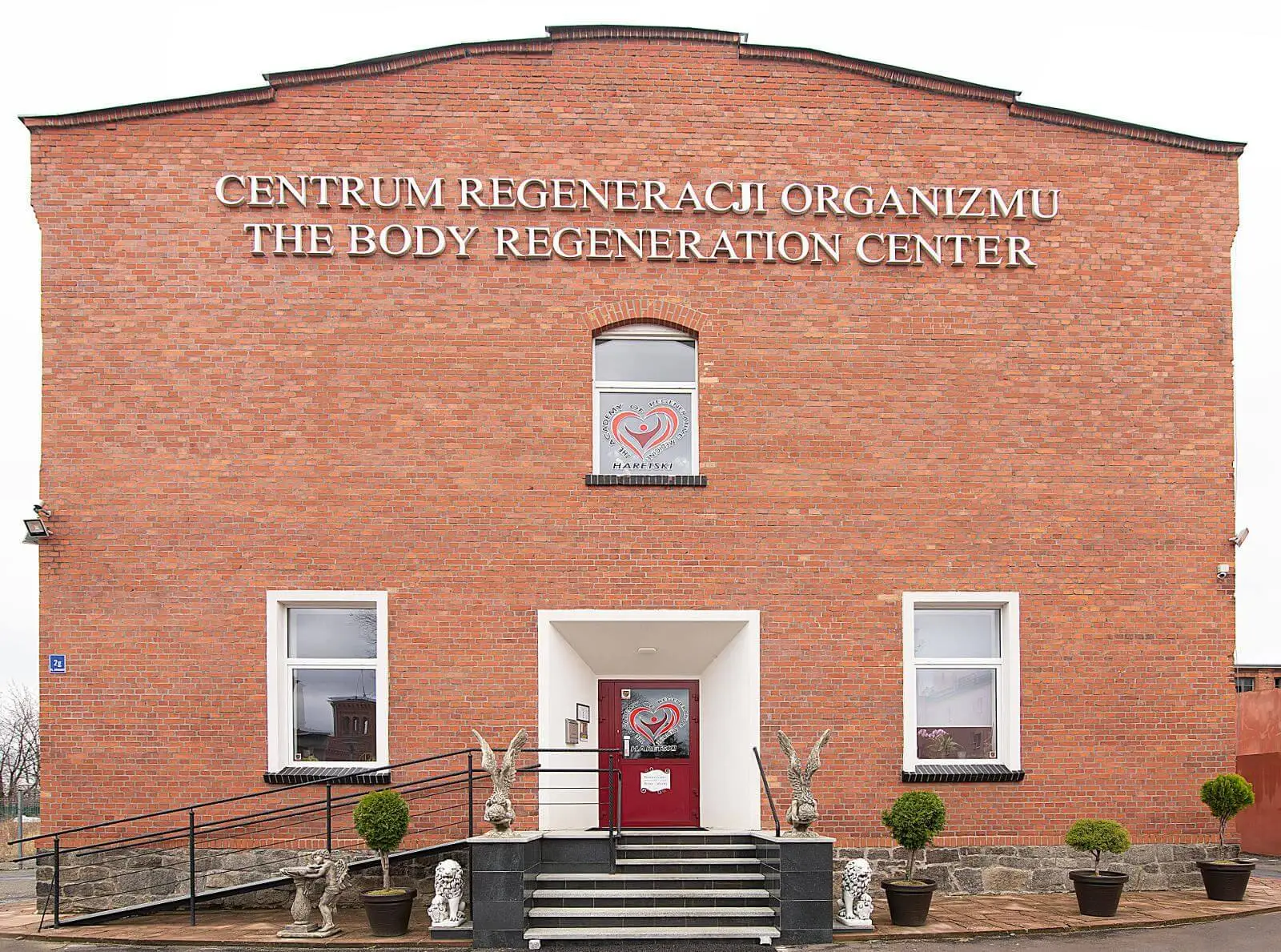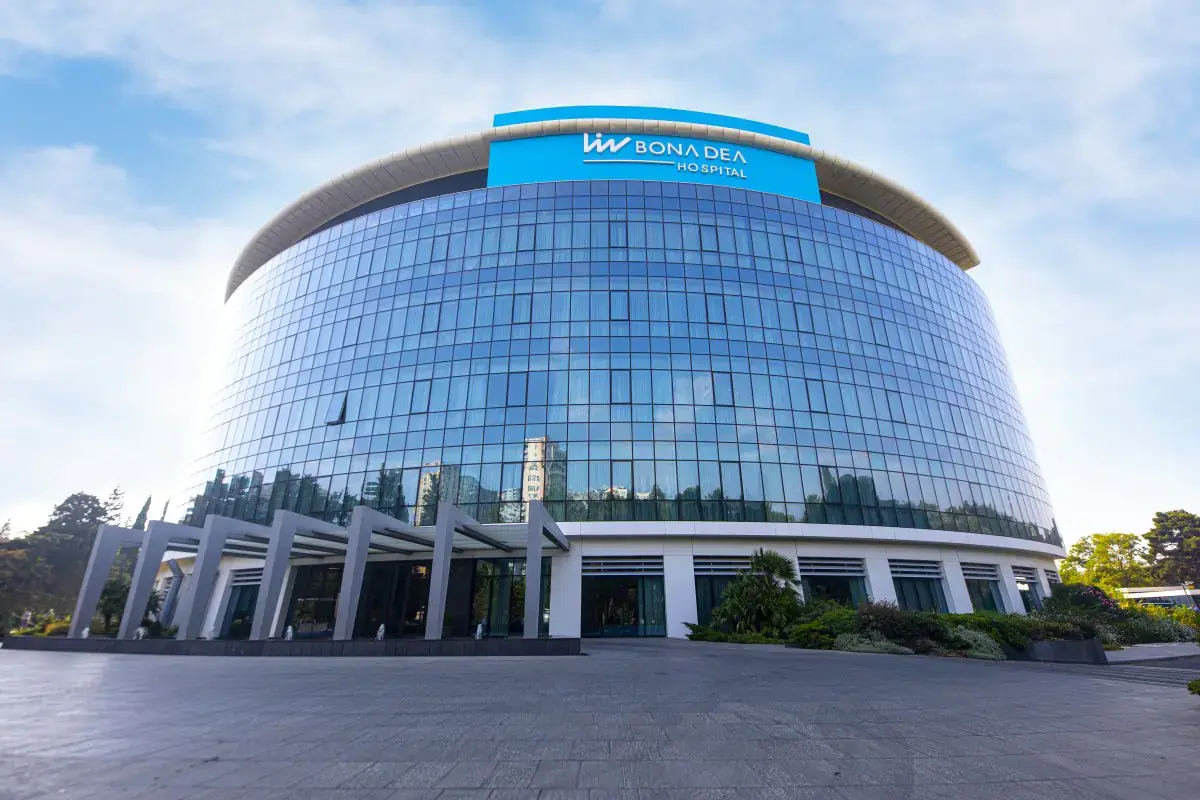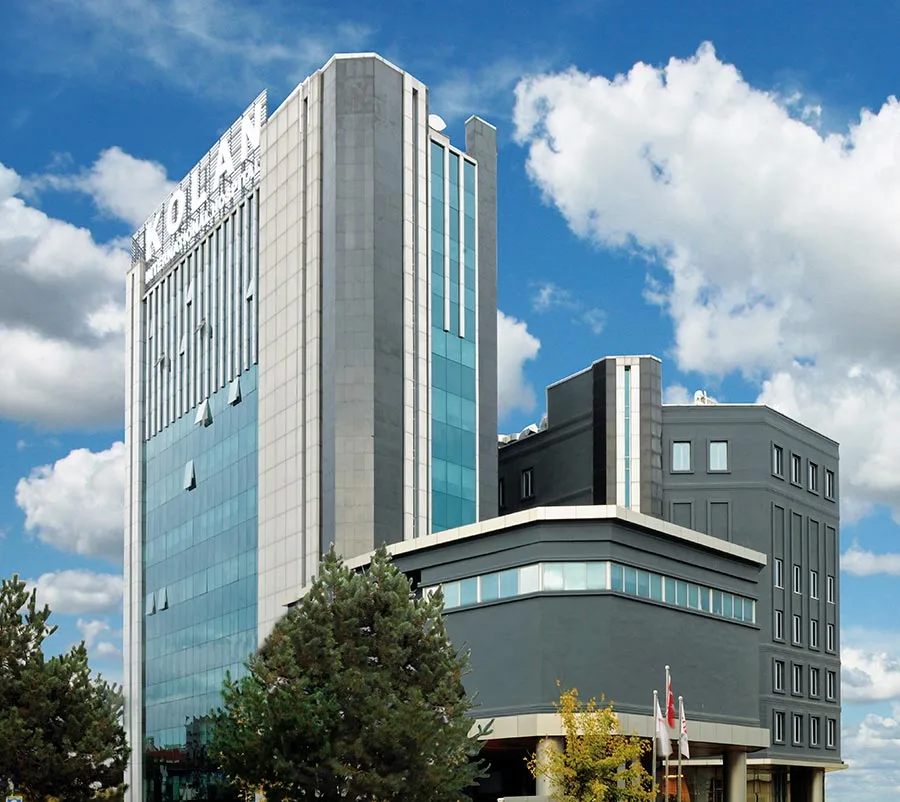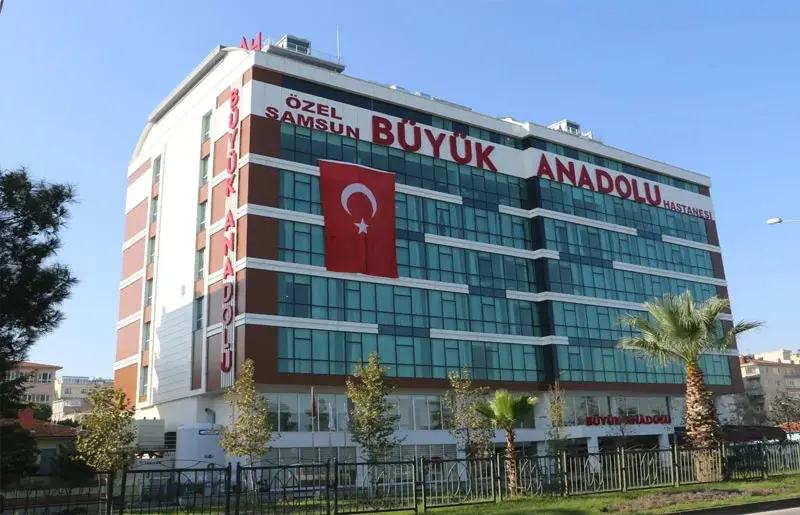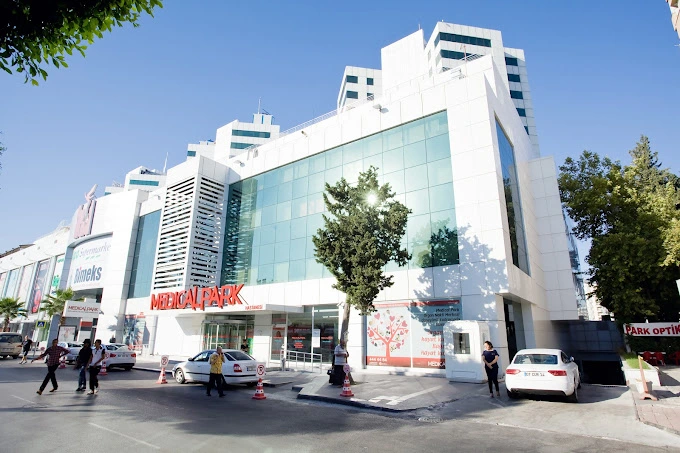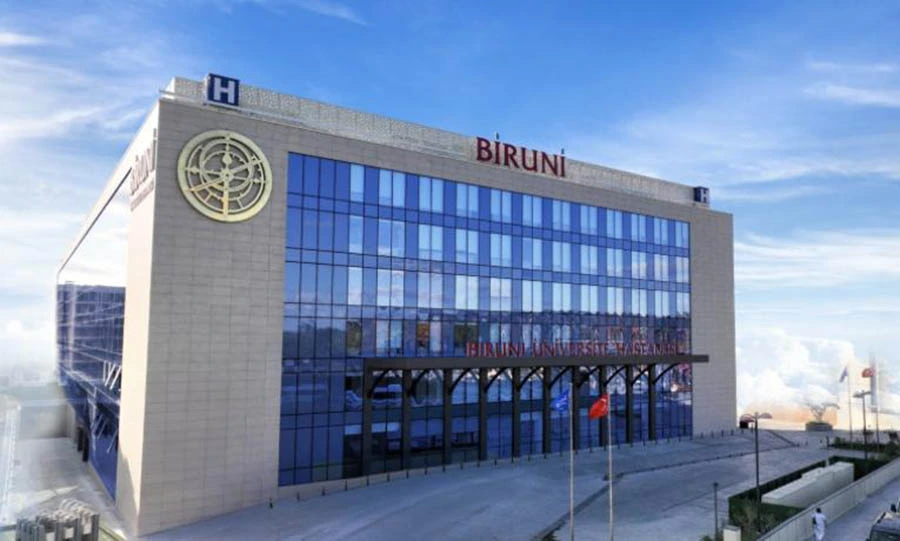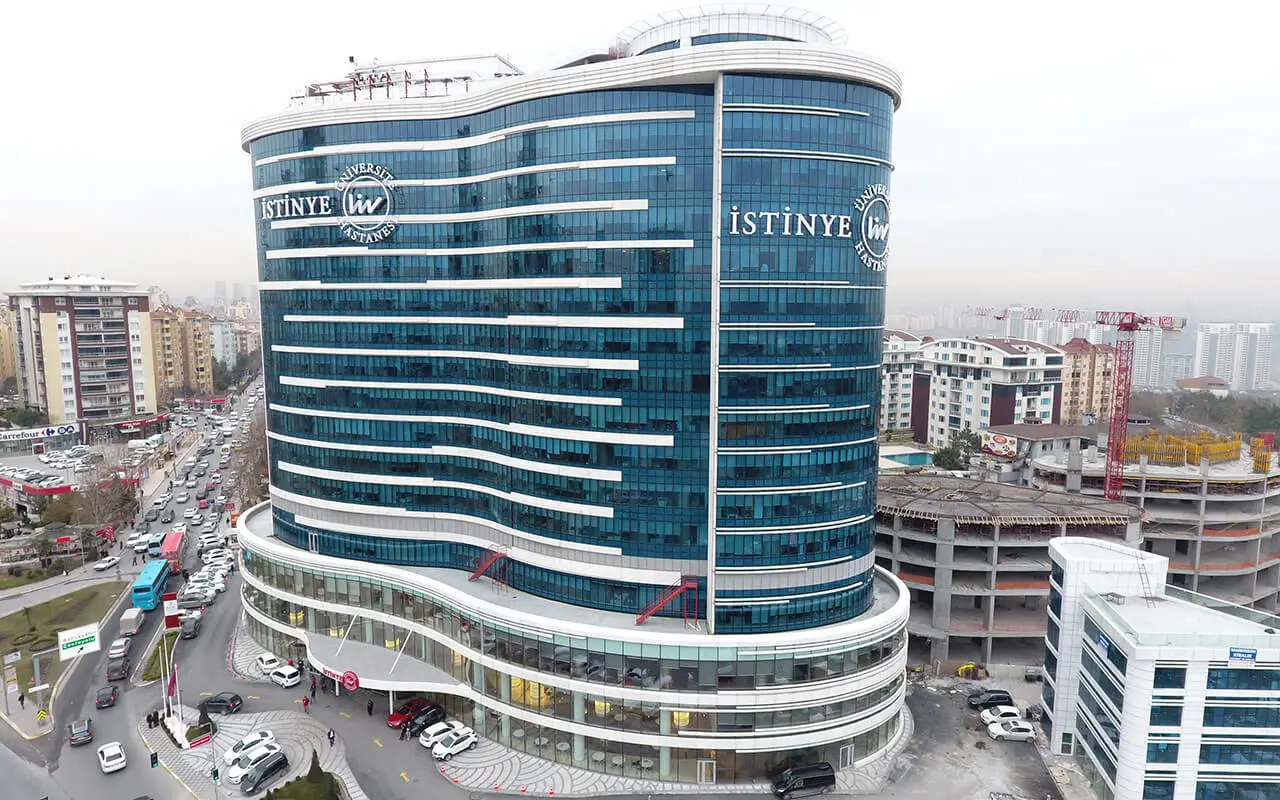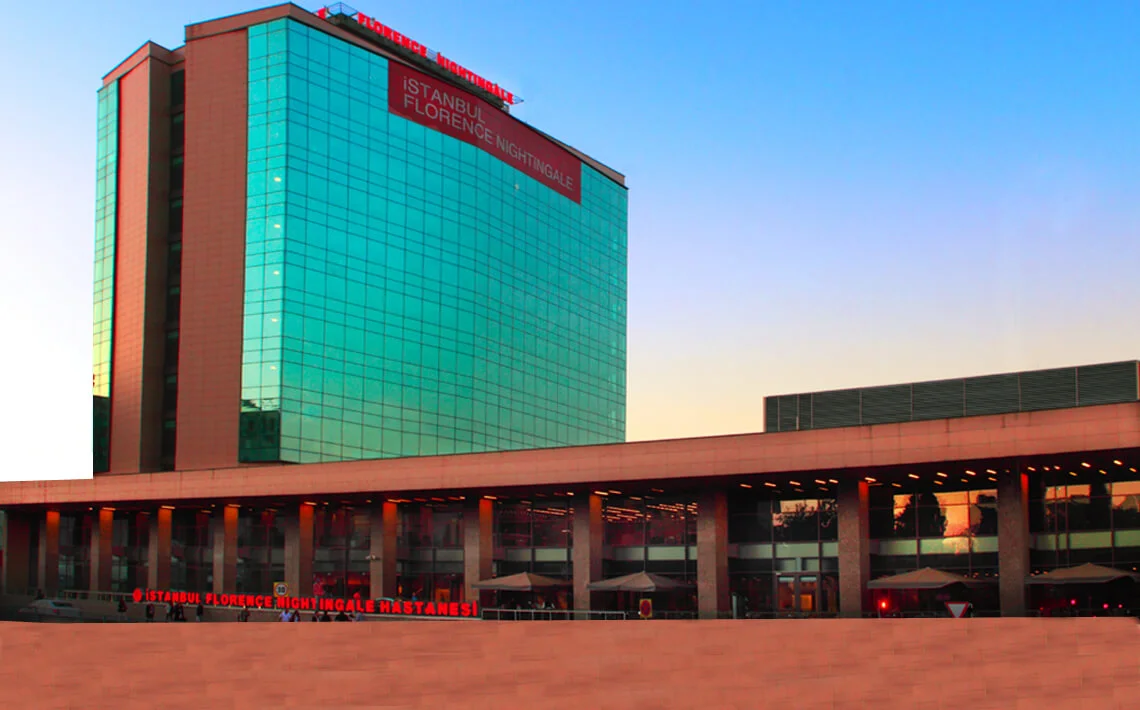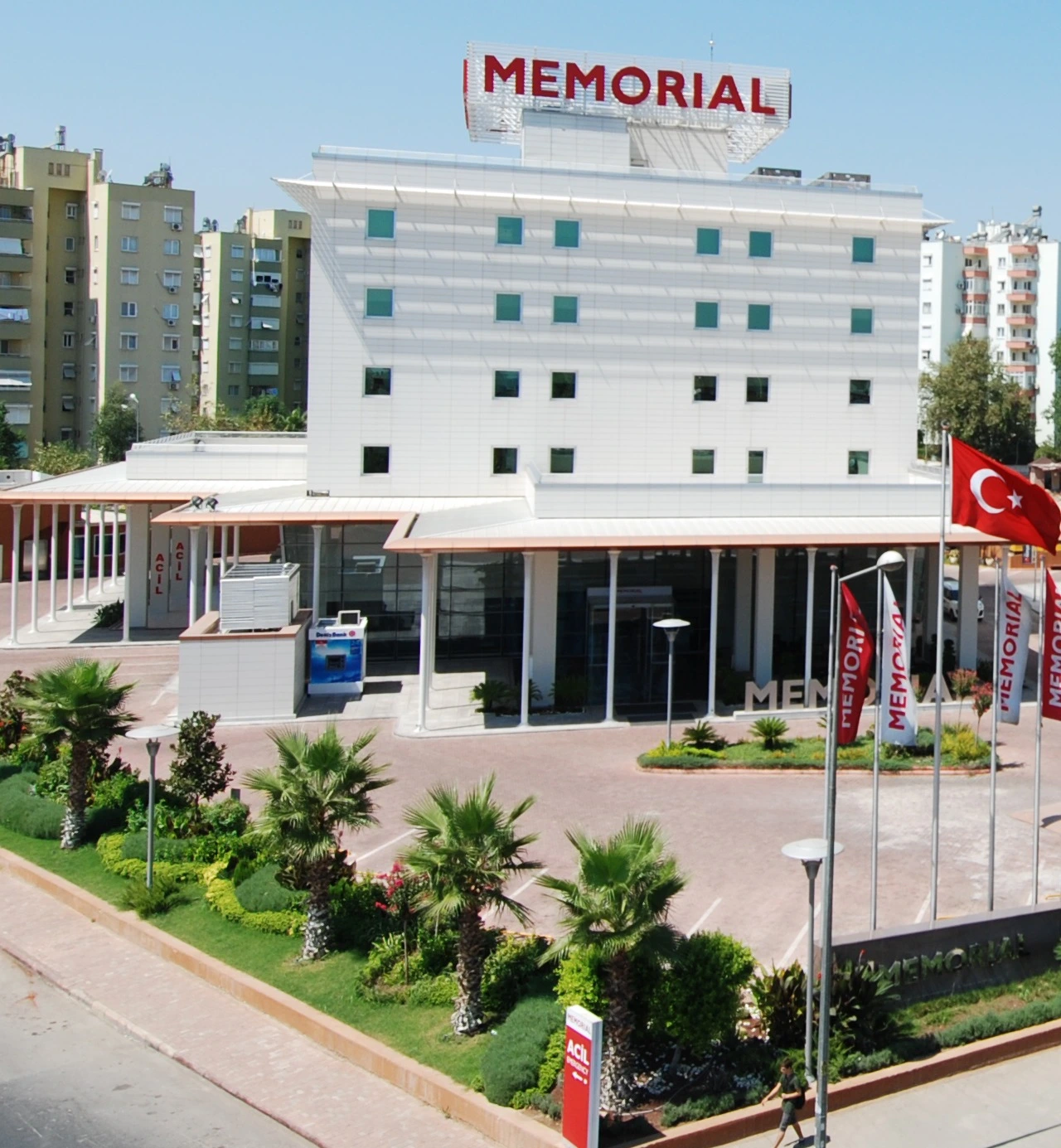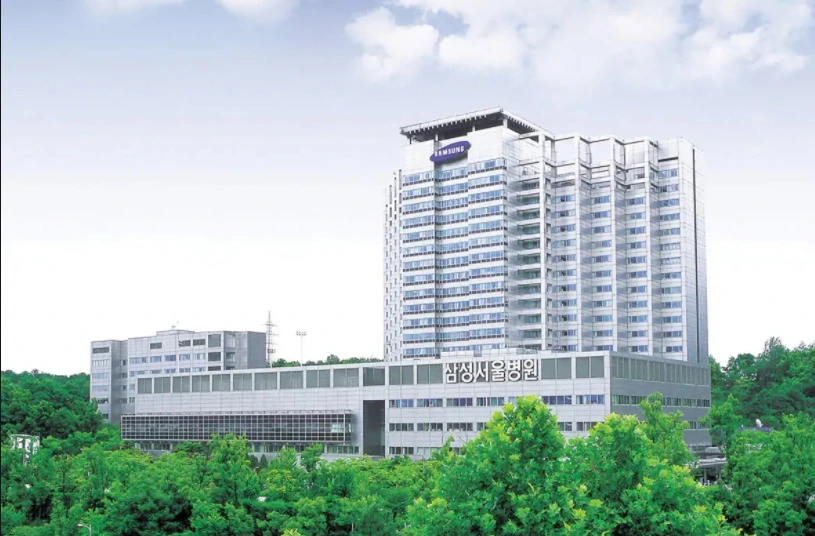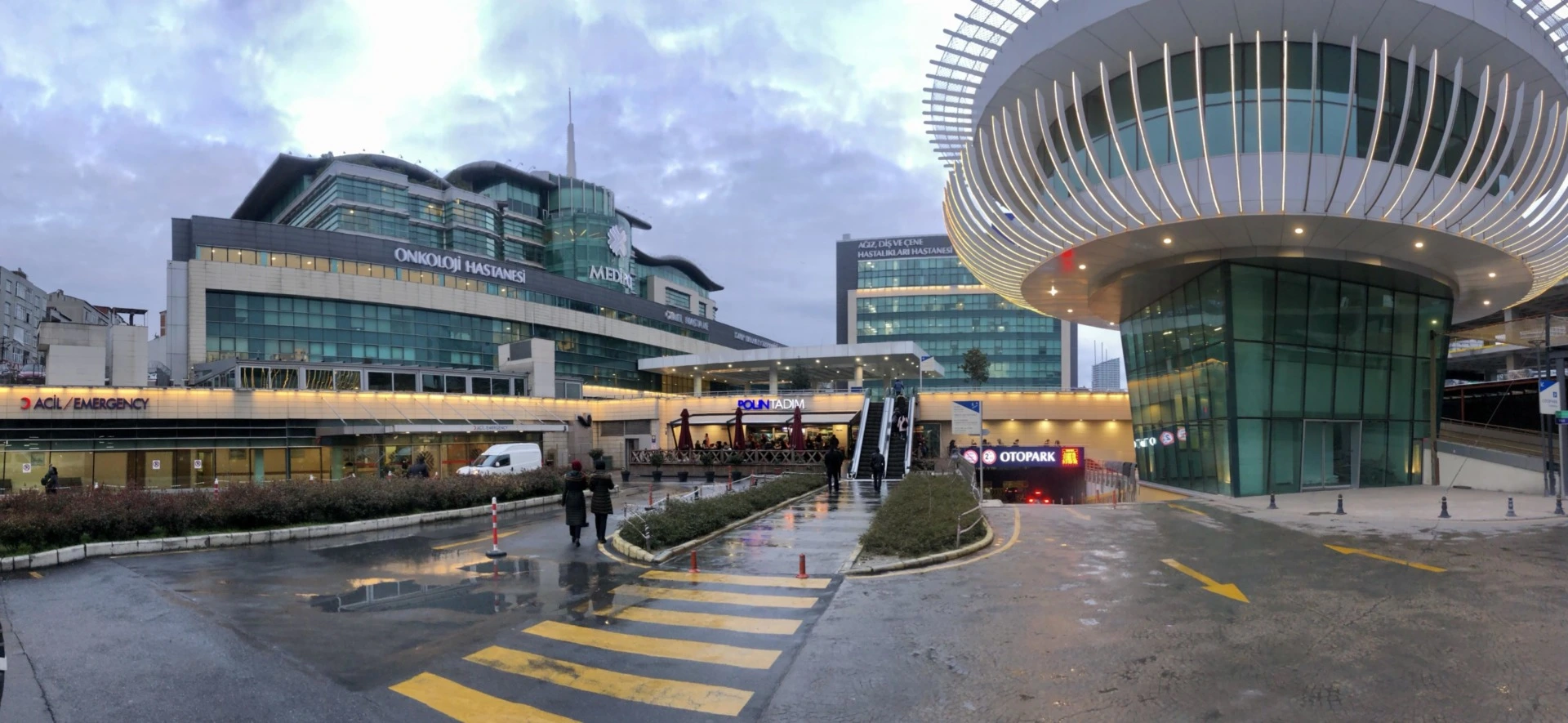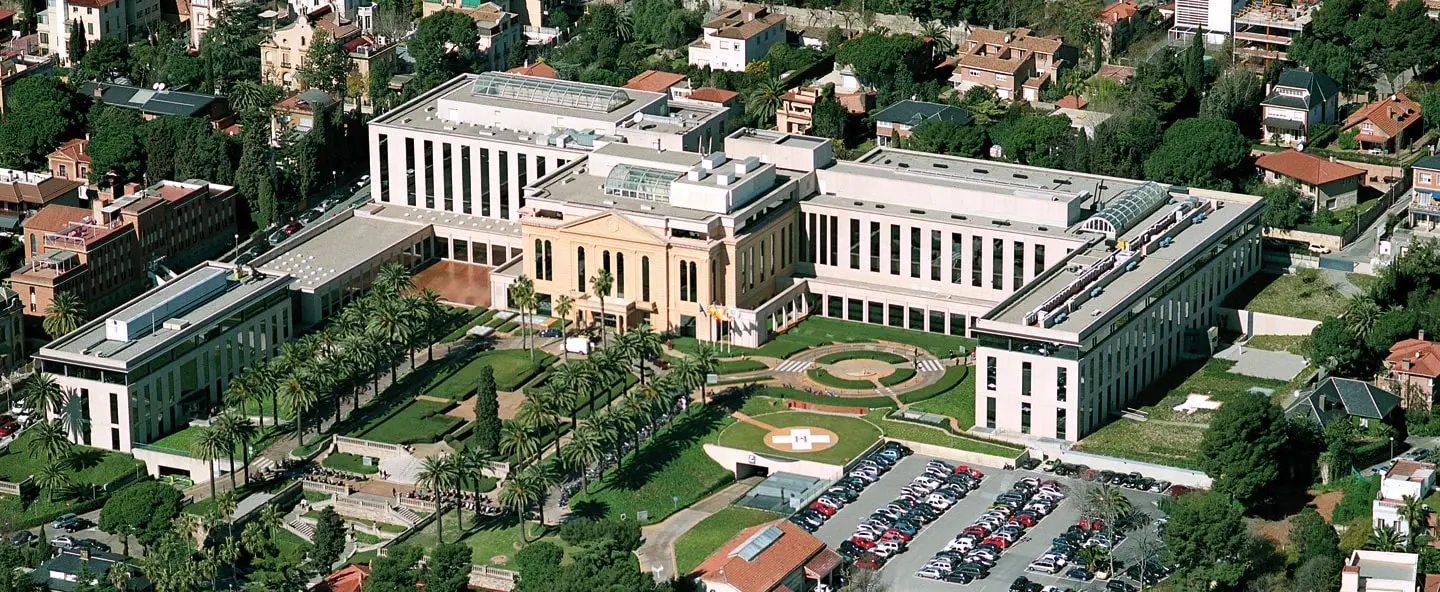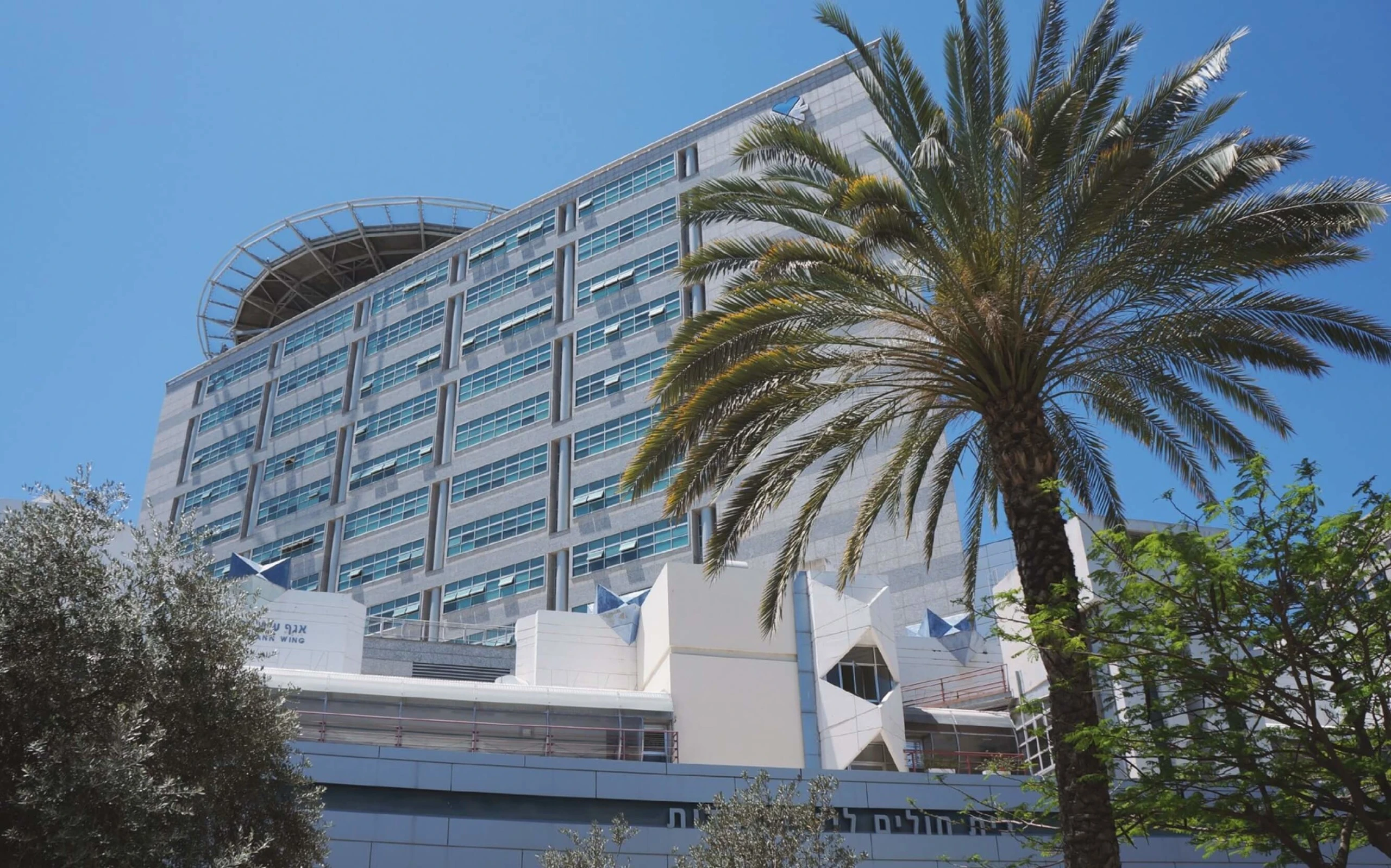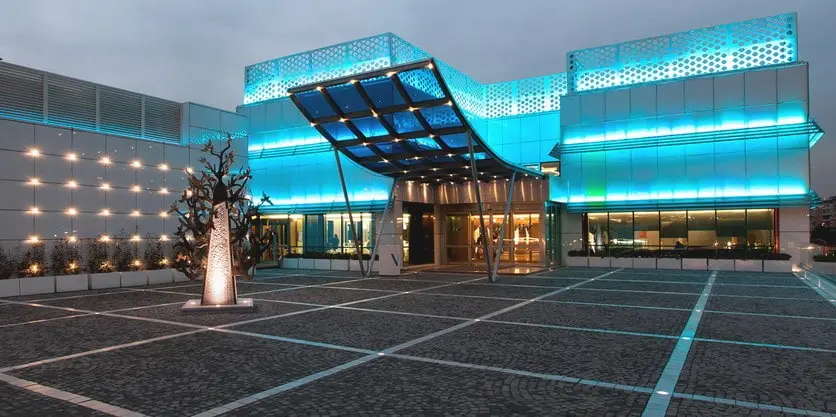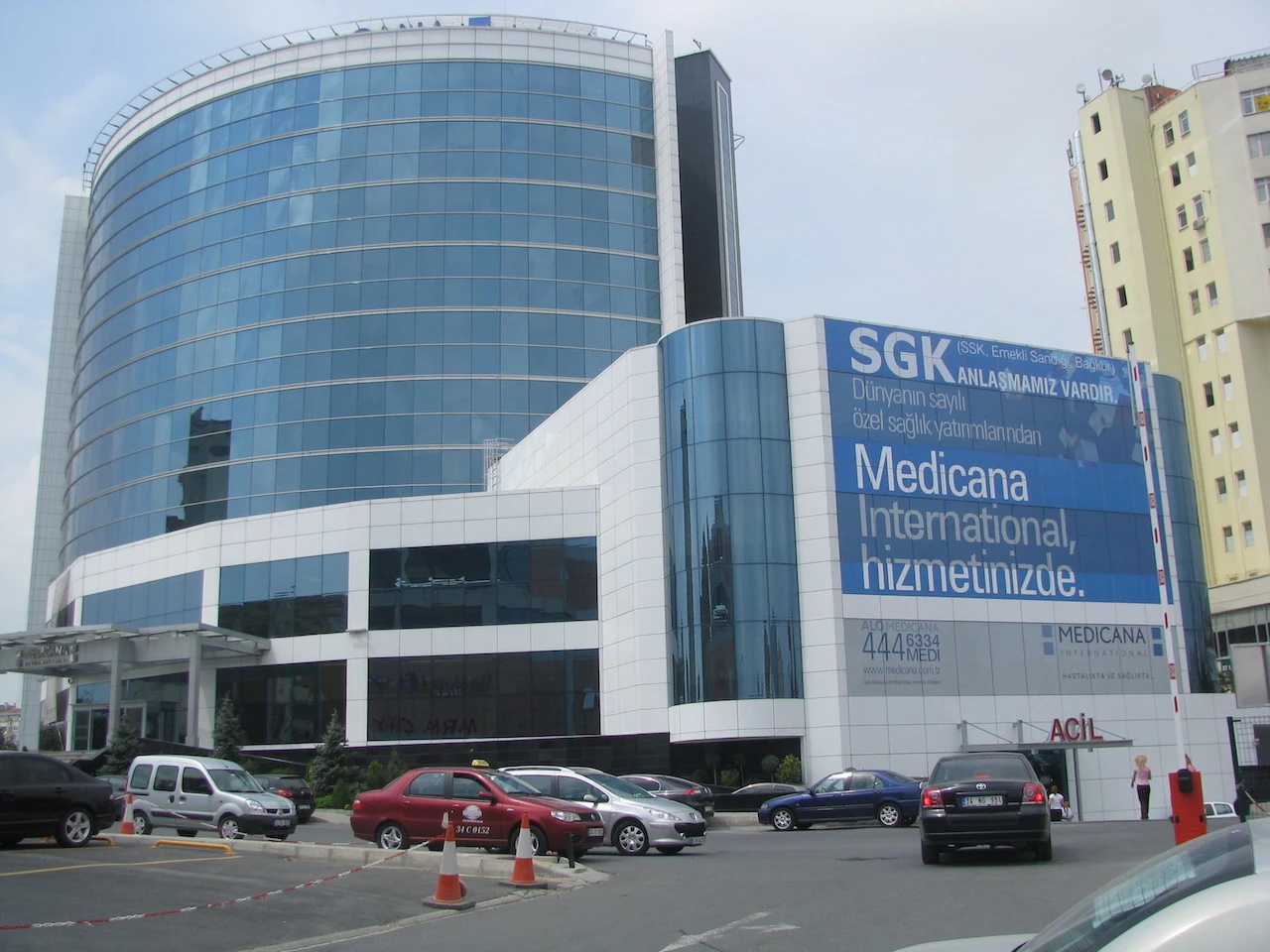Innovative cancer treatments at Fuda Cancer Hospital
NanoKnife ablation (irreversible electroporation) is a treatment for inoperable pancreatic cancer.
Irreversible electroporation is an innovative method that is used to treat tumors located in hard-to-reach areas. It is mainly used for inoperable pancreatic, liver and kidney cancer. It helps to destroy a cancerous tumor that is localized near important blood vessels, nerves, ducts, without disrupting their function. According to the results of clinical studies, treatment with NanoKnife allows preserving stromal structures located near the ablation zone, including when affecting pancreatic tumors. Fuda Hospital was the first in China to use NanoKnife, so local doctors have extensive experience in performing irreversible electroporation.
NanoKnife selectively affects cancerous tissues without damaging blood vessels, nerves, trachea and bronchi, bile ducts, intestines, ureter and other important structures. Precision is critical in ablation of pancreatic tumors. NanoKnife does not generate heat. The device releases high-voltage pulses into cancer cells through a probe, which leads to apoptosis – cell death. Subsequently, healthy tissue gradually forms in the ablation zone. Treatment does not take much time. It takes only 5 minutes to treat a tumor measuring 3 cm. The ablation process is carried out under the guidance of ultrasound, MRI or CT, which increases its accuracy. After the procedure, patients recover quickly.
Cryoablation of lung, liver and kidney tumors
Argon-helium cryoablation is one of the most promising procedures in the treatment of cancer. The tumor is destroyed by exposing it to ultra-low temperature. Once the temperature of the needle tip drops below -160C°, ice crystals form inside the cancer cell, which leads to its death.
Advantages of argon-helium cryoablation
- This is a local treatment that can be used alone or in combination with traditional cancer treatments such as surgery, chemotherapy or radiotherapy.
- Cryoablation combined with surgery helps reduce or eliminate the risk of tumor cell spread during tumor resection.
- This is a minimally invasive treatment that can be repeated as needed.
- Cryoablation is a bloodless procedure, after which patients recover quickly.
- It has fewer side effects compared to chemotherapy and radiation therapy.
- It helps treat inoperable tumors located in close proximity to large blood vessels.
- The method stimulates the body’s antitumor immune response.
- Cryoablation has synergies with other cancer treatment methods. After cryoablation, a doctor may reduce the dose of chemotherapy drugs or radiation.
- This treatment helps to better control local advanced tumors, as well as slow down the progression of cancer.
Cryoablation can treat almost all solid tumors, including cancer of the liver, lung, ovary, larynx, testicle, uterus, vagina, pancreas, breast, prostate, head and neck, and others.
Brachytherapy (internal radiation therapy)
This method of antitumor treatment involves placing a radiation source directly in the pathological focus. The main advantage of this technique is the possibility of applying maximum radiation doses to the tumor area and minimizing radiation exposure to healthy tissue.
At the Fuda Clinic, during brachytherapy, radioactive grains of iodine-125 or palladium-103 are implanted into the patient’s body. The procedure does not require a surgical incision, and therefore patients recover faster after treatment. For example, for prostate cancer, brachytherapy is performed on an outpatient basis. Patients can return home on the day of the procedure. The rehabilitation period takes only a few days. Implantation of radioactive seeds takes about an hour.
Benefits of brachytherapy
- Impact directly on the tumor node, without damaging surrounding tissues.
- Fewer side effects compared to standard radiation therapy and chemotherapy.
- Particles of radioactive substances are not absorbed by the human body and therefore do not harm the patient’s health.
- A high dose of radiation helps effectively destroy cancer cells.
- Brachytherapy can be used in combination with traditional radiotherapy to achieve a synergistic effect.
Brachytherapy is used to treat many cancers, including prostate, breast, pancreatic, liver, tongue, oral, nasopharynx, throat, thyroid, cervical, ovarian, brain tumors (gliomas), soft tissue tumors (sarcomas) and lymph node metastases.
What unique cancer treatment technologies does the Fuda Clinic use
- Percutaneous chemical ablation-destruction of tumors of the liver, lungs and hard tissues by the introduction of ethanol in a course of several injections. The tumor is denatured and destroyed without surgery,
- Method 3 «C» + H-conducting CSA, CMI, CIC (tests that determine the
characteristics of the patient`s body and the characteristic properties of the tumor) and selecting effective personalized therapy based on them,
Ozone therapy-the addition of ozone to traditional chemotherapy as a safe chemosensitizer, that is, a drug that increases the sensitivity of tumor cells to chemotherapy,
- Local immunotherapy-the introduction of immunopreparations into the brain cavity instead of injection in order to overcome the blood-brain barrier (a specialized barrier of the immune system that prevents foreign agents from entering the central nervous system). It is used for the treatment of glioblastoma,
- Combined immunotherapy ( CIC) — administration of immunopreparations and adjustment of immunotherapy as the tumor responds and stimulation of the patient`s own immune system to obtain a better tumor response and fewer relapses,
- CANCER MICROSPHERE INTERVENTION (CMI) — the introduction of chemotherapy in the form of nanoparticles. This allows you to reduce the dosage of the chemotherapy drug and reduce the toxic effects
What the clinic specializes in?
- Study of the biological features and heterogeneity of the tumor and use it in the treatment strategy,
- Individual approach,
- Minimally invasive surgical interventions.
